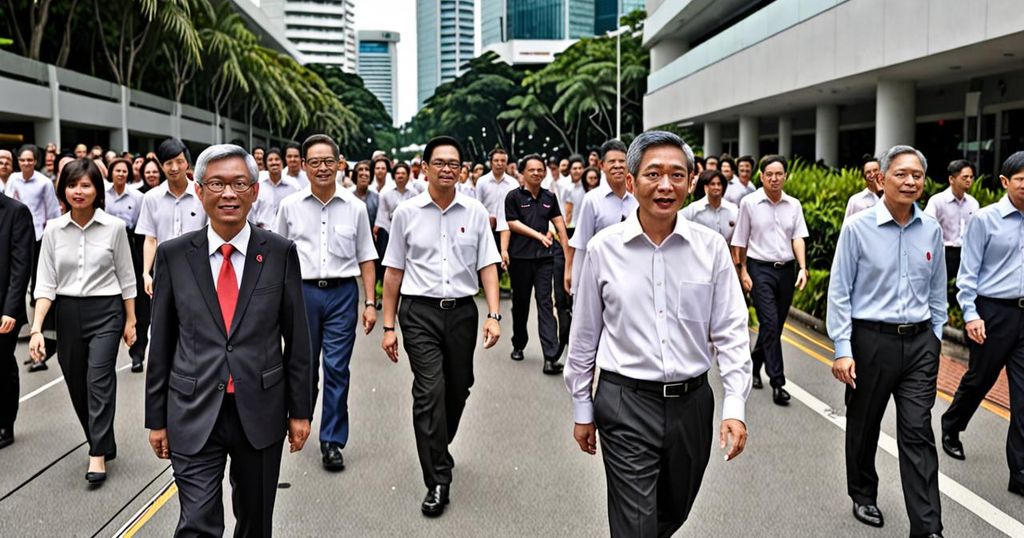The People’s Action Party (PAP) has been at the helm of Singapore’s governance since 1959, priding itself on a legacy of integrity and precision. However, a series of recent controversies has raised doubts about the party’s longstanding leadership in the independent city-state.
In mid-July, the arrest of Transport Minister S. Iswaran and tycoon Ong Beng Seng by the Corrupt Practices Investigation Bureau (CPIB) raised concerns across the nation. Prime Minister Lee Hsien Loong defended the government’s swift action in response to the arrests, although the delayed public announcement of the arrests three days after the fact raised questions.
The departure of Parliament’s speaker, Tan Chuan-Jin, amidst controversy added to the outcry. Tan’s use of profanity towards an opposition member in parliament and allegations of an extramarital affair led to public outrage. The delayed management of his resignation for reasons concerning constituency succession suggested a prioritization of party politics over national interest.
The involvement of Housing and Law Minister K. Shanmugam and Foreign Minister Vivian Balakrishnan in housing arrangements further fueled public resentment, despite findings clearing them of any wrongdoing. The public’s call for accountability and transparency reflects a growing sentiment that internal checks and balances may not suffice, highlighting the need for external oversight.
The recent series of events has placed the PAP in a defensive position and prompted reflection on the effectiveness of its self-monitoring ethos. As Singapore faces these challenges, the necessity of greater external accountability and checks on its leadership becomes critical to rebuilding public trust.
In conclusion, Singapore’s political landscape is at a crossroads as longstanding perceptions of steady governance come under scrutiny. The imperative for transparency and external oversight is crucial in restoring public confidence in the PAP’s leadership and integrity. The recent events have sparked necessary contemplation on Singapore’s political future.

Leave a Reply